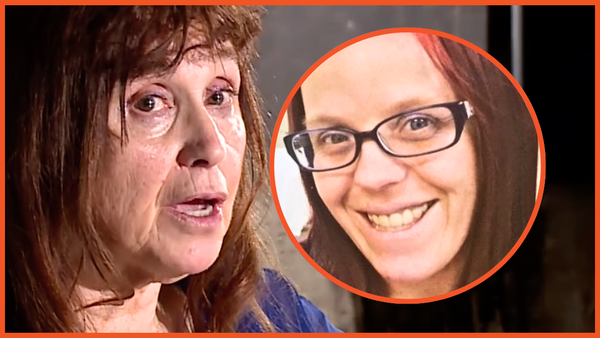
Argentina is reeling after three young women, including a 15-year-old, were tortured and murdered by suspected drug traffickers, with parts of the attack reportedly livestreamed on social media.
According to the Buenos Aires Herald, the victims were identified as Lara Morena Gutiérrez, 15; Brenda del Castillo, 20; and Morena Verdi, 20. CCTV footage showed them entering a white truck on the night of 19 September. Hours later, they were lured into what investigators are calling a 'House of Horrors' in the southern outskirts of Buenos Aires.
The killings have not only shocked the nation but raised urgent questions about how platforms like Instagram and TikTok handle violent broadcasts.
A Revenge Killing Broadcast Online
Police said the women had been tricked under the pretence of attending a party. In reality, it was allegedly a trap laid by a gang leader seeking revenge for stolen drugs. Forensic experts later recovered their dismembered bodies, buried in plastic bags in a garden.
According to reports, identification was only possible through tattoos and clothing.

What set this crime apart was not only its brutality, but its broadcast. According to La Nación, about 45 people watched the livestream as gang members carried out the killings. One suspect allegedly declared to viewers, 'This is what happens to anyone who steals drugs from me.'
While Argentine authorities confirmed the murders were shared on private streams, Meta, Instagram's parent company, told The New York Times it has 'not found any evidence of the livestream taking place on Instagram,' but said it was cooperating with investigators.
Social Media and Violent Livestreams: A Pattern
This is far from the first time violent crimes have been broadcast live. Platforms such as Facebook, YouTube, and Instagram have all faced criticism in recent years for failing to stop disturbing livestreams.
In 2016, the girlfriend of Philando Castile livestreamed the aftermath of his fatal shooting by police in Minnesota. In 2017, Steve Stephens in Cleveland uploaded and confessed to a killing on Facebook before taking his own life.
That same year, a man in Thailand broadcast himself killing his daughter live on Facebook.
Facebook responded by hiring thousands of new moderators, but experts say algorithms and reactive moderation remain inadequate for preventing violent livestreams in real time.
David Vaile, of the University of New South Wales, told the ABC (Australian Broadcasting Service) that livestreaming 'breaks the already compromised regulatory model,' since harmful content can be broadcast and consumed instantly before takedown teams act.
Who Is Responsible?
At the heart of this tragedy lies a digital dilemma: should social media companies be held legally responsible for content streamed on their platforms?
Unlike television broadcasters, who face strict liability for what they air, tech giants often operate under 'notice-and-takedown' systems. As a result, violent livestreams can exist online for minutes or hours before being removed, during which time they can traumatise viewers and spread uncontrollably.
Law experts argue that this regulatory gap has become dangerous. As ABC News reported, even Facebook admitted it took 23 minutes to disable one account after a livestreamed murder confession.
Argentina's Struggle With Rising Cartel Violence
The triple murder also highlights the spread of organised crime in Argentina, a country that has so far avoided the levels of cartel violence seen in Mexico and Colombia. Security minister Javier Alonso called the killings 'a settling of scores' by an international drug network, adding that the women had been 'tricked into participating in this event.'
Meanwhile, on Saturday, thousands marched in Buenos Aires to demand justice, carrying banners with the victims' names and denouncing what protesters called a 'narco-femicide.'
According to AFP, the demonstrations turned tense when some clashed with police, while family members accused the government of inaction against drug gangs. Authorities have also announced the arrest of a fifth suspect linked to the killings.







